The Migration Podcast

photo: Jonathan Farber
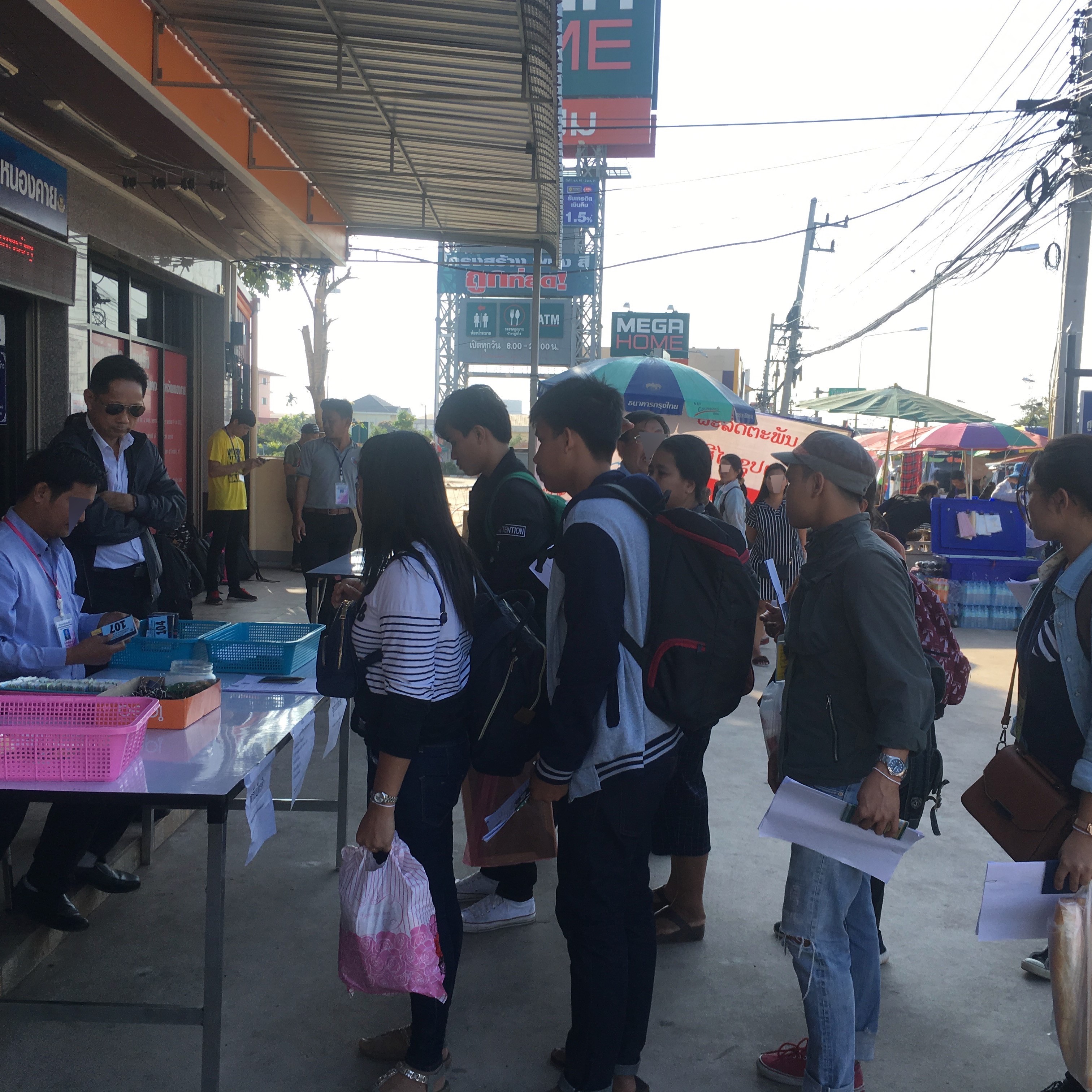
A critical look at "safe migration"
Sverre Molland
Sverre Molland takes a critical look at two themes that have prominently structured humanitarian aid and funding: human trafficking and safe migration. He speaks about how one discourse increasingly gives way to the other, and what that might have to do with the politics of migration.

On the importance of time in migration
Shanthi Robertson
When we think of migration we immediately think of space. But time plays a crucial role, too. Just think of the temporal limitations of a visa, or of cross-border mobilities as part and parcel of someone’s professional and personal careers.

On co-production and collaborative research with refugees
Katarzyna (Kasia) Grabska
Co-productive and co-creative research is all the rage, but what does it entail? Can a research project in collaboration with members of the population studied indeed be realised, and is all research that labels itself co-productive, truly so?
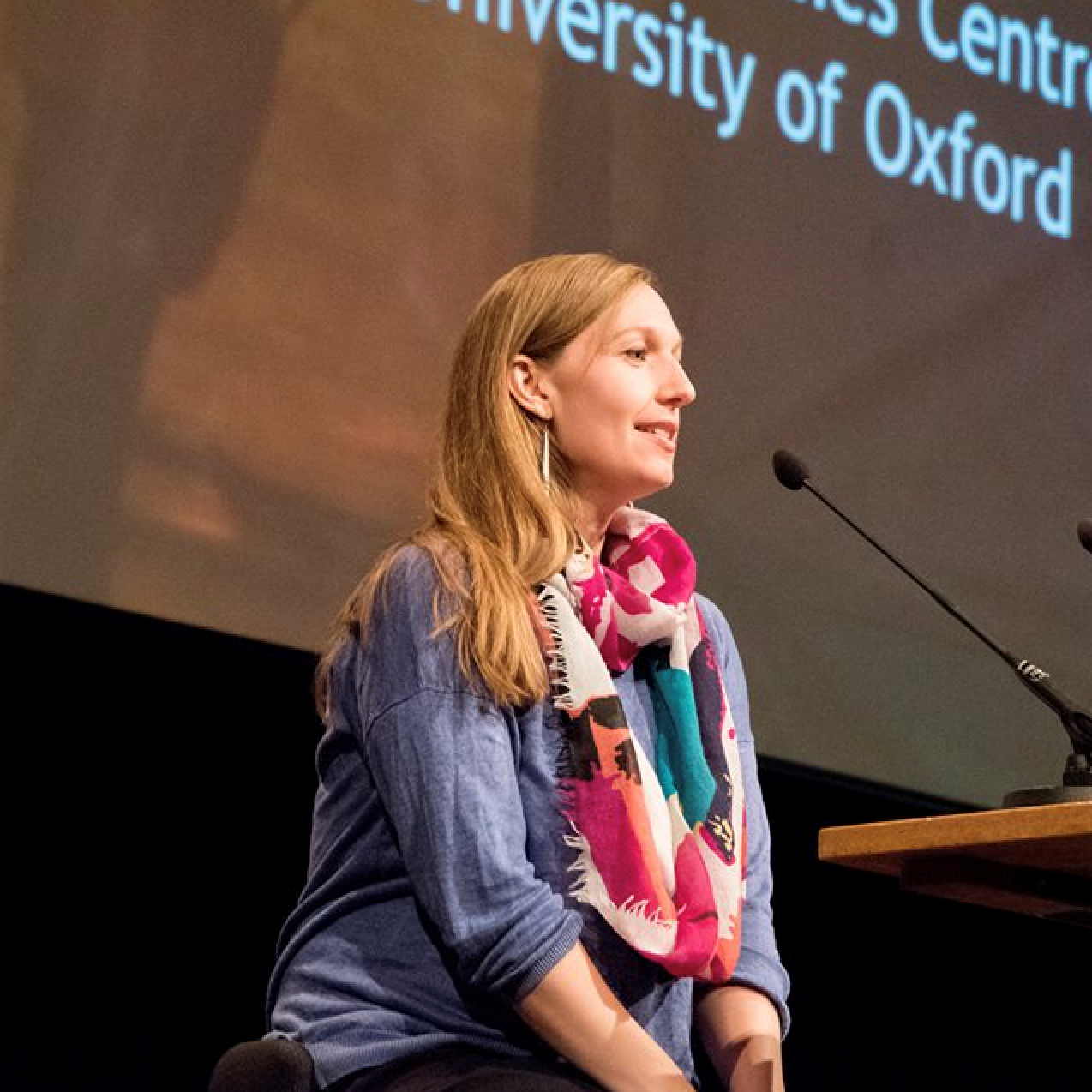
On refugee self-reliance
Evan Easton-Calabria
A central concern in debates around refugee integration is that of labour market integration. But how do displaced people create livelihoods for themselves and become self-reliant?
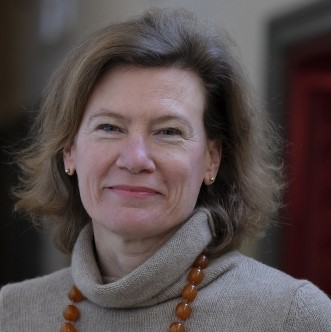
On ways to explore migrants' transnational connections
Valentina Mazzucato
Milena Belloni speaks to Valentina Mazzucato about how she explores the minute details of everyday migrant transnationalism: the ties and relationships that connect migrants with other people across nation-state borders.
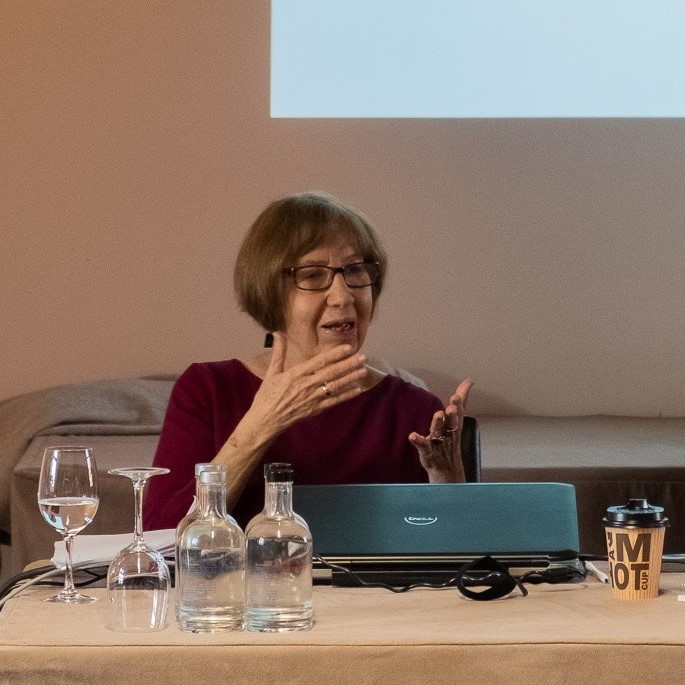
On conceiving 'migrant transnationalism'
Nina Glick Schiller
Nina Glick Schiller recounts how the ideas for "Nations Unbound" germinated, and how she carved out a career in academia from the margins.

On struggling for migrant workers' rights in Singapore
John Gee
Singapore relies on the labour of low-wage migrant workers from the Asian region. John Gee speaks about the continuing struggles to maintain foreign workers´ rights and wellbeing.
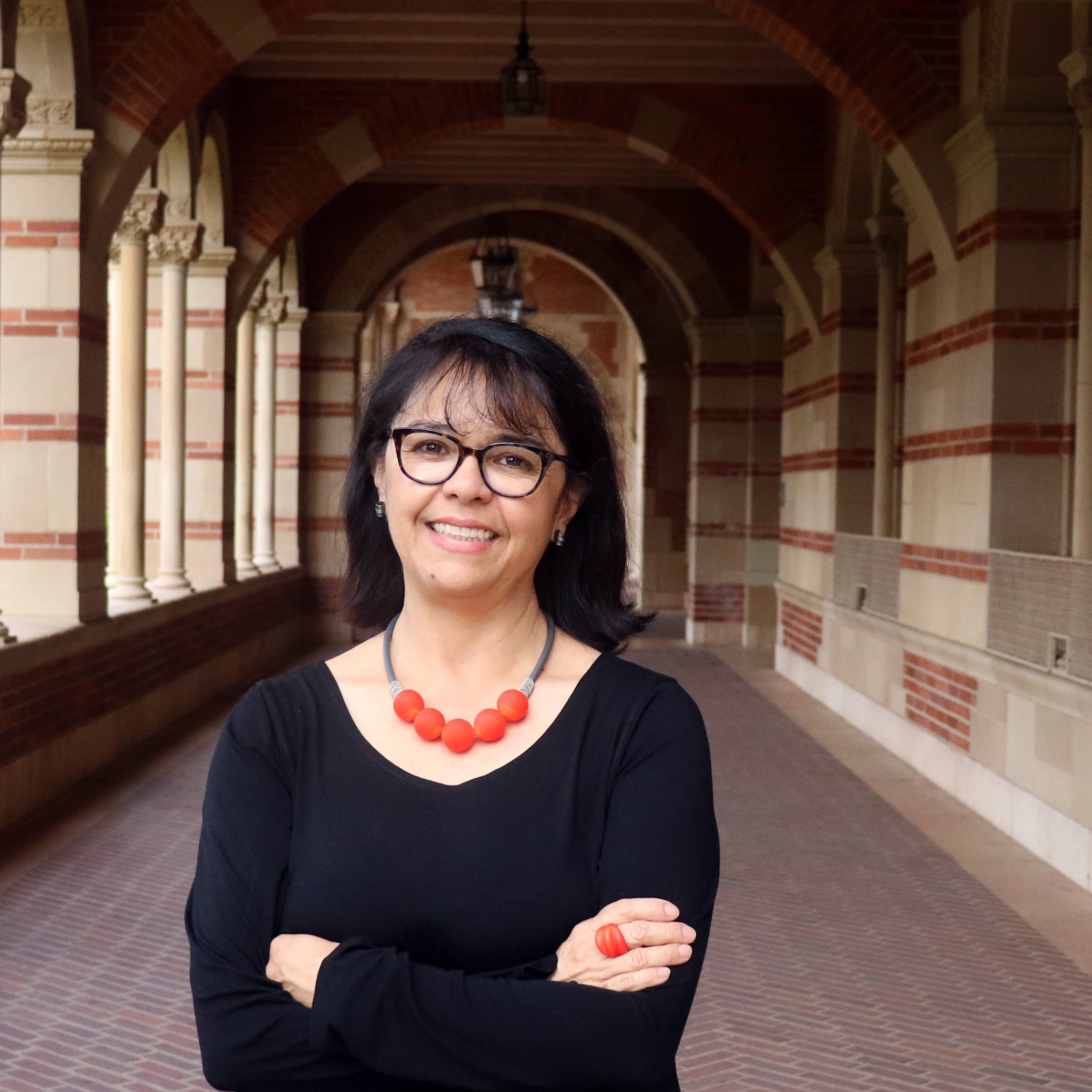
About legal liminality and different forms of violence
Cecilia Menjivar
How do bureaucracy and law shape everyday lives? We speak about liminality and the less obvious forms of violence.

Refugees mobilizing for family reunification in Brazil
Patricia N. Martuscelli
What is a family, and under what conditions can its members live a life together, abroad? In this episode, we look at family reunification policy in Brazil.

How US migration policies shaped Mexican migration to the U.S.A.
Douglas S. Massey
Season 2 begins with a conversation about migration across the U.S.-Mexican border since the early 20th century, and the role of policy.
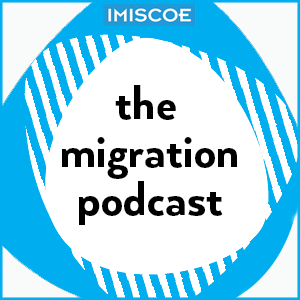
Season 1 Recap with Fiona Seiger & Jolynna Sinanan
Fiona Seiger & Jolynna Sinanan
Season 2 is around the corner! In anticipation to the next season, listen to Jolynna and Fiona as they recap Season 1 with their favourite sound bites.
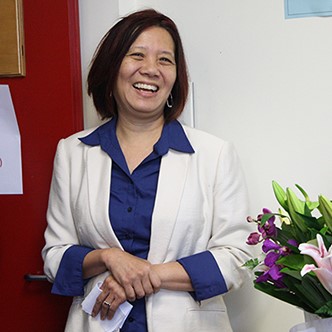
How life experiences inspired a research career
Ien Ang
Ien Ang speaks about her research on media audiences , cultural consumption, migration and identity politics in an age of globalisation, and what her biography has got to do with it.

ICT against labour exploitation and human trafficking
Hannah Thinyane
Worldwide, almost 25 million people were in a situation of forced labour in 2016. To fight the problem, researchers developed an app.
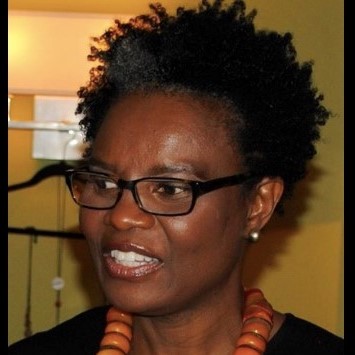
African Youth in Waithood
Alcinda Honwana
Alcinda speaks about young Africans' aspirations to become productive and accomplished members of society, and how these aspirations get youth to mobilise, politically and across space.
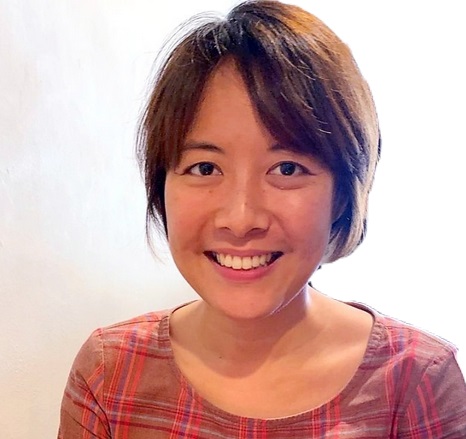
Comparing Sinophobia in Singapore and Australia
Sylvia Ang & Val Colic-Peisker
Sylvia and Val speak about their work on new Chinese migrations to Singapore and Australia. We focus our conversation on one of the consequences: rising hostility towards China and its people, or Sinophobia.
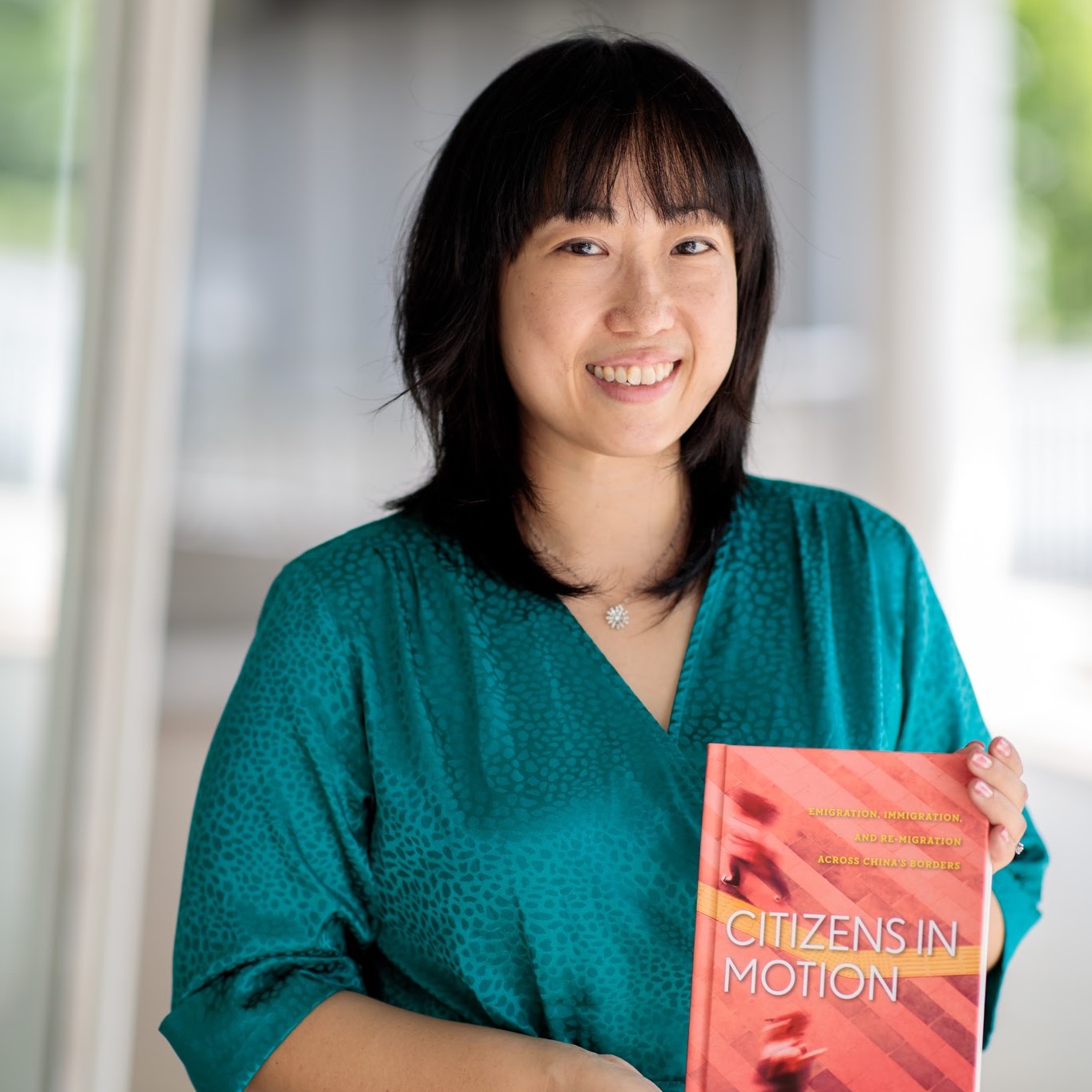
Citizens in Motion and Chinese diaspora engagement
Elaine Lynn-Ee Ho
Based on multi-sited research, Elaine explores the very different ways in which Chinese overseas relate to their countries of citizenship, to mainland China, and to other cohorts of Chinese emigrants.

Transnational families, media, and care across distance
Loretta Baldassar
Until the end of the past century, visits, phone calls, letters, and remittances were common means to upholding relationships across distance and showing care. Today, mobile devices and fast internet connections open new avenues to stay in touch across distance.

The Floating Population in China
Xinyuan Wang
Jolynna Sinanan spoke to Xinyuan Wang about her work with temporary, low-wage workers in Chinese factory towns, looking at, what she calls “the human face of Made in China”.

Misconceptions about migration and development
Melissa Siegel
In this episode I speak to Melissa Siegel about the aspirations that drive people's decisions to live elsewhere. Through her research, Melissa debunks the idea that people migrate only to escape poverty and conflict, and that development in sending countries reduces emigration.

Educational mobilities of Chinese students
Cora Xu
People move abroad for many reasons, one being education. Jamie spoke to Cora Xu about the educational mobilities of Chinese university students.

Polish LGBTQ migrants in the UK
Lucasz Szulc
When we think about why people migrate, we often think of push and pull factors. In this episode Jamie Coates interviews Lukasz Szulc, whose research with LGBTQ migrants shows that gender identity and sexual orientation, too, can play a role in migration decisions and experiences.

Introduction Season 1
Jolynna and Fiona
Fiona and Jolynna tell you what you can expect from the first Season of the Migration Podcast, ranging from the question ‘why do people migrate’ to ‘who is involved?’.

Fiona Seiger
Producer
Introducing ‘The Migration Podcast’
